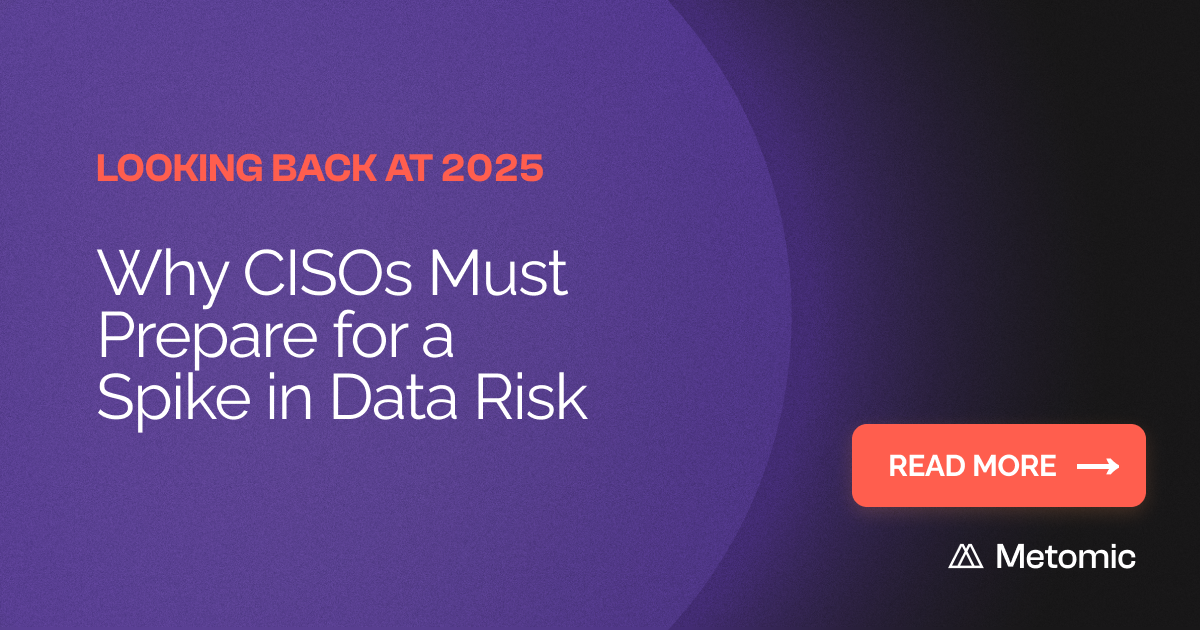How to Create & Implement a Solid Cloud Security Policy, Step-by-Step [with Template]
A cloud security policy can help you understand how you’re securing your data, and where there may be gaps you’ll need to address. Find out how to create and implement a solid cloud security policy for your organisation and keep cyber attacks at bay.

How to Create & Implement a Solid Cloud Security Policy, Step-by-Step [with Template]
A cloud security policy can help you understand how you’re securing your data, and where there may be gaps you’ll need to address. Find out how to create and implement a solid cloud security policy for your organisation and keep cyber attacks at bay.

Key Points
- A cloud security policy is essential as businesses increasingly store sensitive data in the cloud. It outlines how data will be secured and helps prevent data breaches, which could lead to fines and loss of customer trust.
- The policy should define what data is allowed in the cloud, how it's controlled, who can access it (considering a zero-trust strategy), incident response procedures for breaches, and regular audits to ensure ongoing compliance.
- To create and implement an effective policy, assess existing cloud security, evaluate third-party app security measures, secure senior management buy-in, use planning tools for organisation, involve legal and HR teams, and prepare for annual audits.
- Metomic's data security platform can help you protect sensitive data in your SaaS apps by giving you full visibility and control over PHI, PII, financial data, confidential employee information and more.
In 2022, businesses stored around 60% of corporate data in the cloud, an increase of 10% on the year before.
As more and more sensitive data (such as employee data, customer data and financial information) is stored in the cloud each year, it becomes vital for businesses to protect the data they are responsible for.
What is a cloud security policy?
A cloud security policy is an internal policy for your organisation that relates how you’ll keep data secure in the cloud. Every business that uses the cloud or third party apps should have one in place to ensure that customer and employee data is protected.
In terms of scope, your policy should cover all of your cloud systems and tools including SaaS apps such as Google Drive, Jira, and Slack. Intended for internal use, it should also be shared with contractors, freelancers, and agencies who are working with your company.
Rather than being a one-off task, your policy should be reviewed and updated on a regular basis. While having a cloud security policy will allow you to be proactive in your approach to cloud security, it should outline how users should be utilising the cloud, and, since lots of devices and users can access the cloud, you should also discuss what would happen if it’s breached, and how you would prevent malware or other cyberthreats spreading to other devices connected to it.
Who is responsible for creating and implementing a cloud security policy?
An in-house security professional should be project managing the creation of a cloud security policy, but there should be other teams involved such as legal, HR and compliance to ensure you’re aligned with the company’s values and legal requirements.
It’s not recommended to outsource this to a third party as your employees will understand how best to integrate your cloud security policy with your workflows, without disrupting your employees.
Why is it important?
“If your team are using the cloud on a daily basis (as much of us are), it’s vital that you put a cloud security policy together to keep it protected,” says Ben Van Enckevort, CTO at Metomic.
“Not only can it help you to understand how you’ll secure your cloud to minimise the risk of data breaches, but you could also face fines for non-compliance if you don’t have one in place. It also gives your customers the assurance that their data is protected which is hugely important in this day and age.”
What are the key components of building a cloud security policy?
Your cloud security policy should cover some important points, such as:
- What data is allowed in the cloud - e.g. will you allow PHI and PII to be shared in the cloud or will it be stored elsewhere?
- How that data is controlled and who is responsible for having full visibility over it
- Who can access the cloud - will you put a zero-trust strategy in place for your employees?
- How you respond to incidents if the cloud is breached
[Template] What are the steps to creating and implementing an effective cloud security policy?
Creating a comprehensive cloud security policy is essential for safeguarding your organisation's data and systems.
By following the correct steps, you can ensure that your organisation is well-protected against potential threats and complies with all the relevant regulations.
Here’s a concise template to guide you in developing your own cloud security policy.
1. Purpose
Define the purpose of your cloud security policy, which should outline the rules and guidelines for employees, contractors, and partners using shared cloud platforms.
Specify roles and responsibilities, such as:
- Provisioning user credentials
- Approving new features for cloud platforms
- Updating software for cloud security tools
- Meeting compliance regulations
2. Scope
Identify the scope of your policy, covering all IT systems, software, databases, applications, and network resources in cloud-based or managed service infrastructures.
3. Compliance
Ensure your policy aligns with relevant standards and regulations, such as:
- ISO/IEC 27001:2022 Information Security Management
- NIST SP 800-53 Rev. 4 Security and Privacy Controls
- NIST SP 800-144 Guidelines on Security and Privacy in Public Cloud Computing
- FFIEC IT Examination Handbook for Information Security (2016)
4. Threat analysis
Regularly audit your systems with a threat analysis to identify:
- Frequently used cloud programmes
- Existing security measures
- Unused cloud programmes
- Data movement within the organisation
Conduct data risk assessments and update your threat analysis periodically.
5. Policy guidelines
Develop comprehensive guidelines that address key areas:
- Technology and systems: Cover all technology, systems, data, and networks in private, hybrid, and public cloud infrastructures.
- Security processes: Define processes for securing and monitoring cloud environments, including penetration testing and documentation.
- Risk assessment: Periodically assess internal and external threats and vulnerabilities.
- Identity and access management: Establish a programme for managing access to systems and data, including authentication controls.
- Malware prevention: Implement antivirus and anti-malware measures, ensuring cloud vendors do the same.
- Network perimeter security: Prevent unauthorised access to cloud security perimeters.
- Breach response: Document procedures for identifying, assessing, and responding to security breaches.
- Training and awareness: Provide cloud security education and training.
- Business continuity: Include disaster recovery in your security controls.
- Compliance and legal: Ensure all policies comply with legislative, regulatory, and contractual requirements.
- Data encryption: Encrypt data in use, at rest, and in motion.
- Employee agreements: Require employees to sign contracts agreeing to comply with cloud security policies.
- Change management: Document all proposed changes to cloud security operations.
- Activity schedule: Develop a schedule of cloud security activities and ensure timely completion.
- Policy review and enforcement: Regularly review and update the policy, and enforce compliance with designated penalties for noncompliance.
6. Leadership and review
Designate an executive as the corporate owner responsible for cloud security activities. Regularly review and update the policy to adapt to new threats and business changes.
7. Enforcement and penalties
Outline the consequences of noncompliance, including disciplinary actions for employees and legal actions for third parties.
8. Location
Make the policy easily accessible by posting it in a designated location on your network.
By following these guidelines, you can establish a comprehensive cloud security policy that protects your organisation’s digital assets and ensures compliance with industry standards.
How can Metomic help?
Metomic's data security platform can help you protect sensitive data in your SaaS apps by giving you full visibility and control over things like PHI, PII, financial data, confidential employee information and more that could be hiding in apps like Slack, Google Drive, Jira and Notion.
By reducing the amount of data you hold and minimising the impact of a potential data breach, Metomic helps you comply with GDPR, PCI DSS, and other compliance requirements that have strict rules around the storage of sensitive data.
For a deeper insight into how Metomic can help your organisation protect sensitive data, book a personalised demo today.





.png)